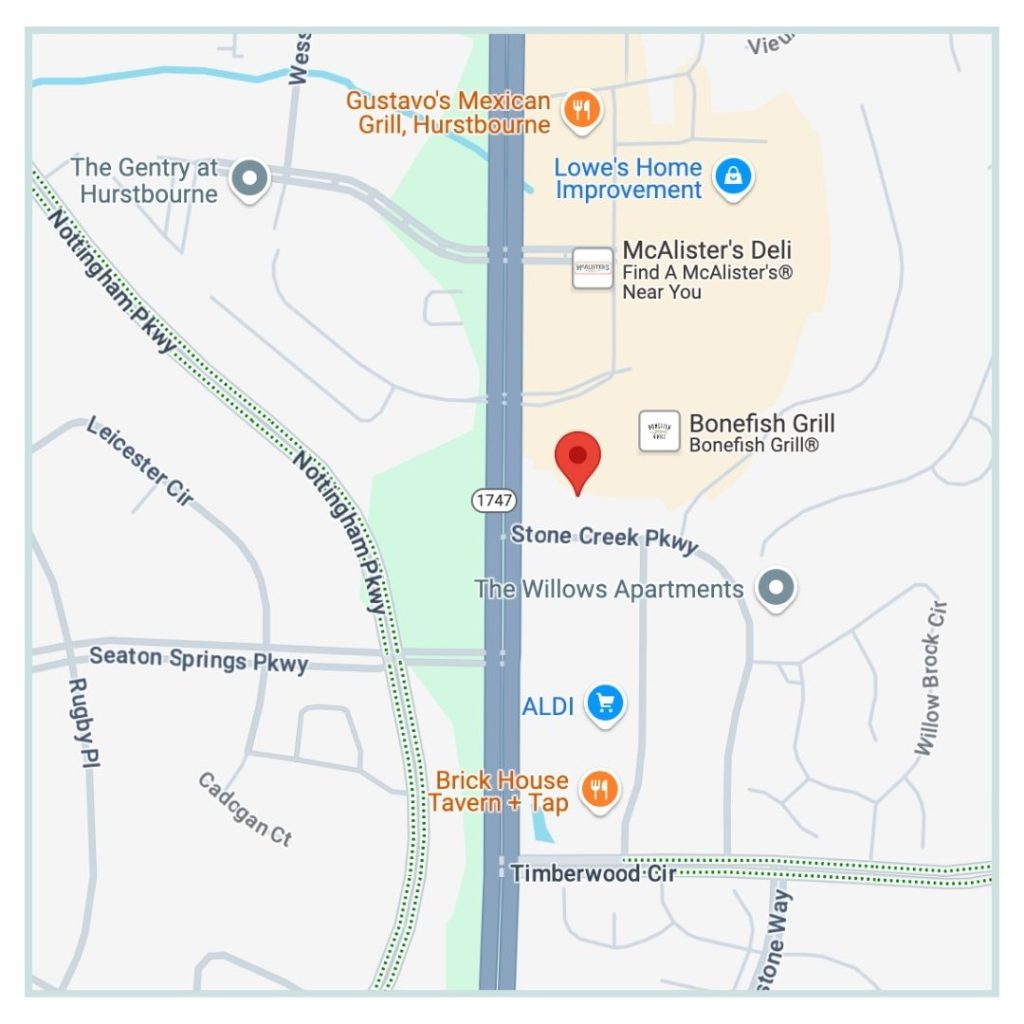Developing an estate plan should not wait until you are in a nursing home or hospital. Putting off estate planning can delay the transfer of assets to heirs, cause stress for your family, increase cost and may lead courts to take away decision making from you and your family. Your estate plan should address these matters.
Wills
Preparing and signing a will should be the first item in your plan. A will contains your instructions for what should transpire after you die. Directions usually include who will receive your property, who will be responsible for estate distribution and who will care for your young children and pets. Probate courts will make these decisions based on Kentucky law if you die without having a will.
For retirees and others, wills may be the least urgent document. Their spouses or children will receive their property under Kentucky law. But wills are important for uncomplicated estates if there are special instructions such as giving money to charity, pet care, or making special bequests.
Beneficiary designations
Life insurance policies, qualified retirement accounts and annuities pass to named beneficiaries regardless of the directions in a will. It is important that your beneficiary designations are current, or your assets may pass on to unintended individuals such as a former spouse. Review these designations yearly.
Living wills
A living will or health care power of attorney allows family members to make decisions on your behalf if you are incapacitated. An agent is authorized under these agreements to medical decisions for you such as whether you will undergo surgery or take medication.
Living wills may also contain your medical instructions. For example, you can reject life support if you are terminally ill or blood transfusions because of your religious beliefs.
Financial power of attorney
Another document, a financial power of attorney, authorizes an agent to make financial decisions on your behalf. The agent can manage your funds, deal with routine financial matters, pay bills, handle taxes, and oversee investments.
Digital power of attorney
A digital power of attorney is a new method that names an agent to shut down your social media email and other digital accounts. Otherwise, it may be emotionally difficult for others to see your social postings after your death.
Revocable trusts
A revocable trust is a method for leaving property to minor children or anyone who cannot handle their finances. The trust inherits the property, and your named trustee will manage their assets indefinitely or until a life event occurs or the beneficiary reaches a certain age.
Attorneys may assist you with developing options that meet your needs. They can also prepare valid and effective plans.





